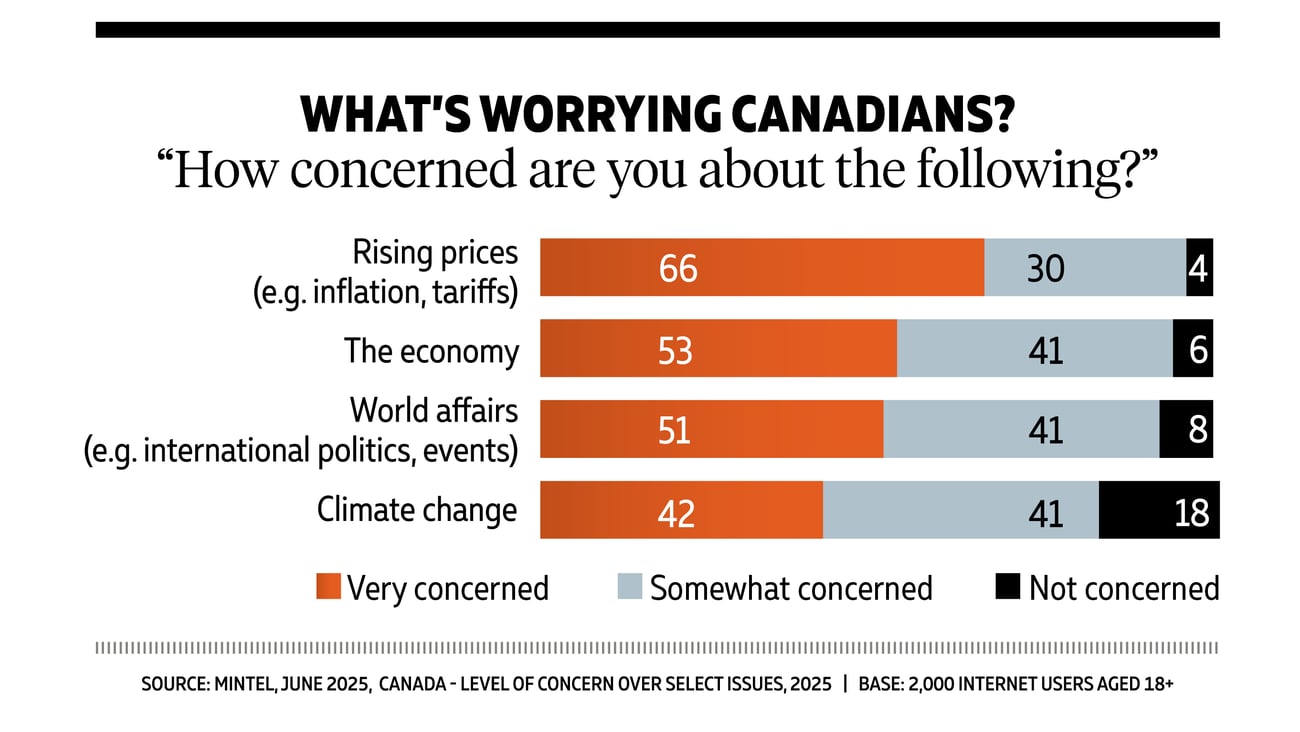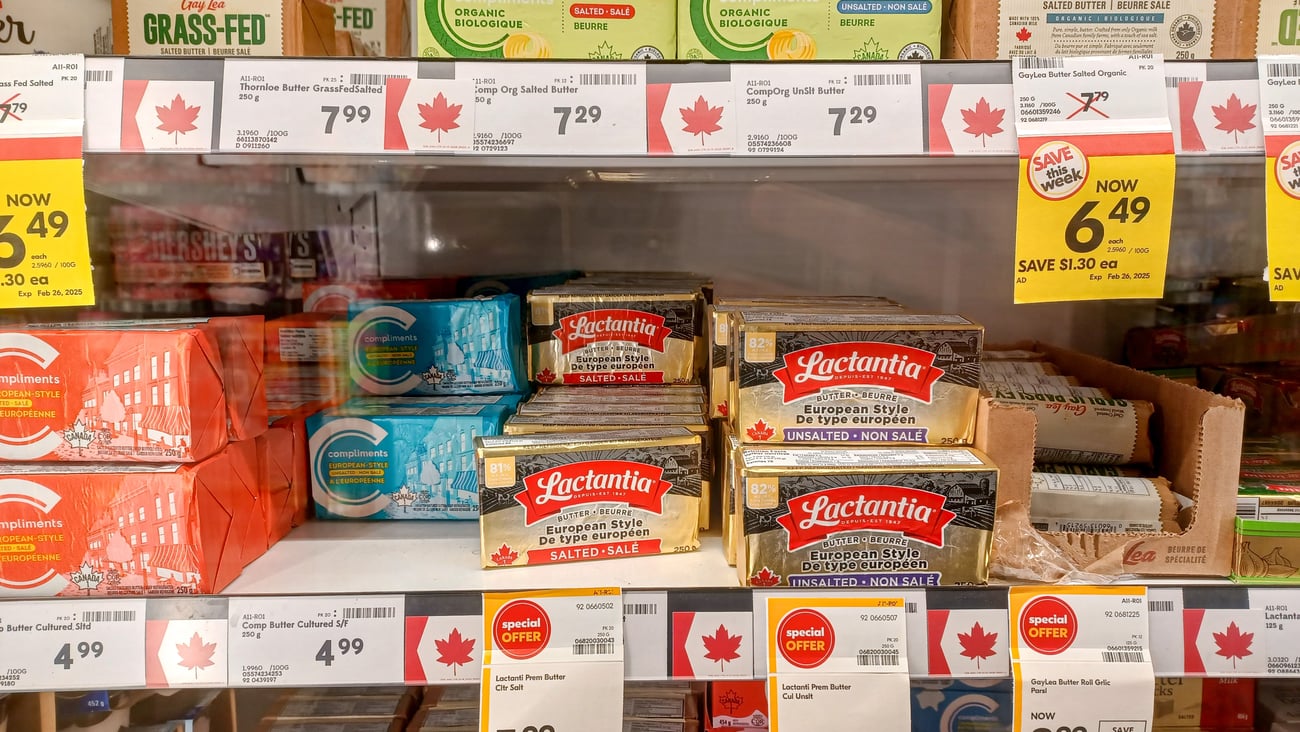Canadians struggle to connect food production with their environmental concerns
July 2023 was the hottest month on record. What’s more important is that this record is unlikely to stand for long. As the predictions climate experts have long made come to pass, one question is, “will climate change become more important to shoppers when it comes to the food and drinks they buy?”
Climate change is the most pressing environmental issue for Canadians
Canadians are concerned about climate change. According to Mintel’s 2023 Global Outlook on Sustainability: A Consumer Study, which analyses consumer attitudes on the environment across 16 different countries, 46% of Canadians identify climate change as being among their top concerns. This is in line with the 47% aggregate across the countries surveyed and just ahead of the United States at 40%.
READ: Sustainable shopping: Where do we go from here?
It’s difficult for many Canadians to connect climate change with what they eat
While climate change may concern Canadians, for many, it’s difficult to make the link between food production and this issue. Findings from Mintel’s 2022 Sustainability in Food, Canada report showed that when considering the environmental impact of the foods and drinks they buy, food waste and packaging waste tops the list. While food or drink’s carbon footprint matters, and does appear to be growing in importance, it remains a mid-tier concern for shoppers.
Against this backdrop, should brands even care about addressing climate change? The short answer is absolutely. Does addressing climate change make good business sense? To answer this, it’s worth considering the short and long term. In the short term, the answer is debatable.
When asked which environmental initiatives resonate with Canadian consumers the most when purchasing food and drink, “carbon neutral” and “carbon negative” matter the least. “Recyclable packaging” and “locally produced” on the other hand, top the list. Canadians may care about climate change, yet this again reflects how shoppers have difficulty making the connection between the food and drinks they buy and the broader imperative.
READ: Climate change and its impact on Canadian eating habits
The climate, as mentioned, is trending hotter. From consumers’ perspective, three-quarters of Canadians agree “climate change increasingly feels relevant to [their] day-to-day life” and 80% also say they are “worried less predictable weather patterns related to climate change will lead to food scarcity and higher food prices.”
Broader factors and consumer sentiment point to climate change having a greater impact on consumers’ purchase decisions over the longer-term. Addressing these concerns can be a point of differentiation for brands and a way to build their relevance, particularly in categories more associated with the production of greenhouse gas emissions such as beef.
Gaining consumers’ trust
“Greenwashing” is a hurdle brands cannot ignore. Four in five Canadians agree: “it’s difficult to know which products are better or worse for the environment,” with 83% also agreeing they “would trust claims around sustainability more if there were standardized/regulated environmental labels across products.” In other words, standardized labelling that reports how much greenhouse gas was created in the production of a product matters when it comes to credibility. This can be more effective than providing individual claims that are difficult to verify.
This article first appeared in Canadian Grocer’s September/October 2023 issue.





